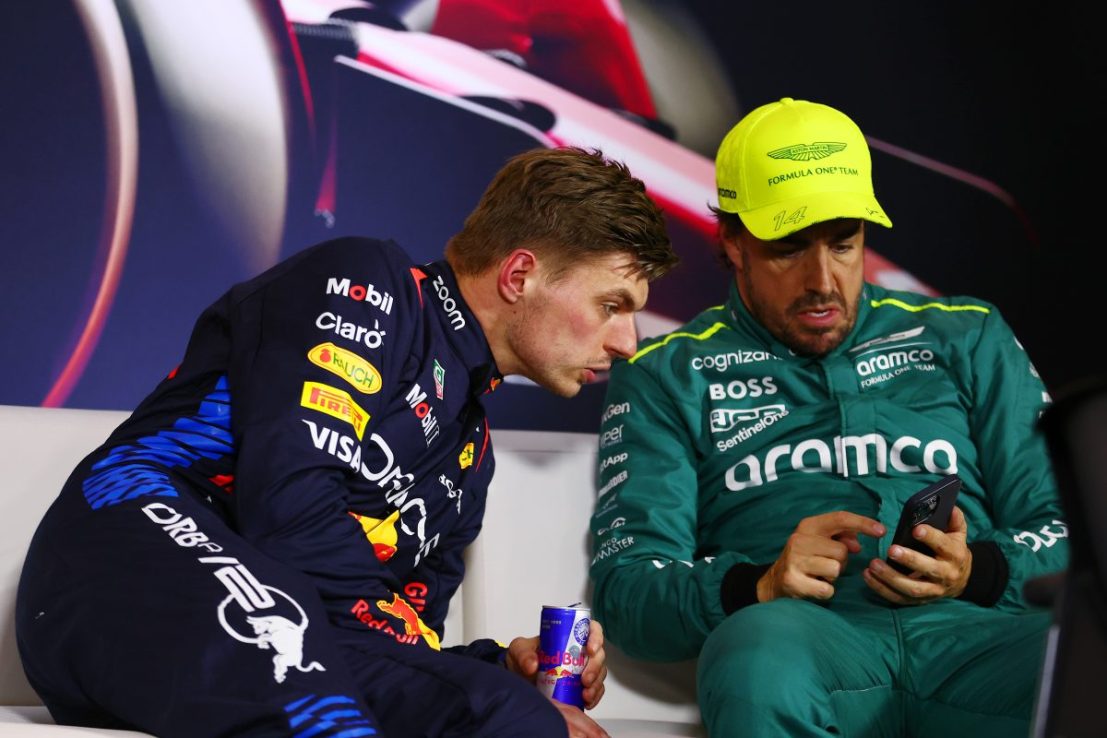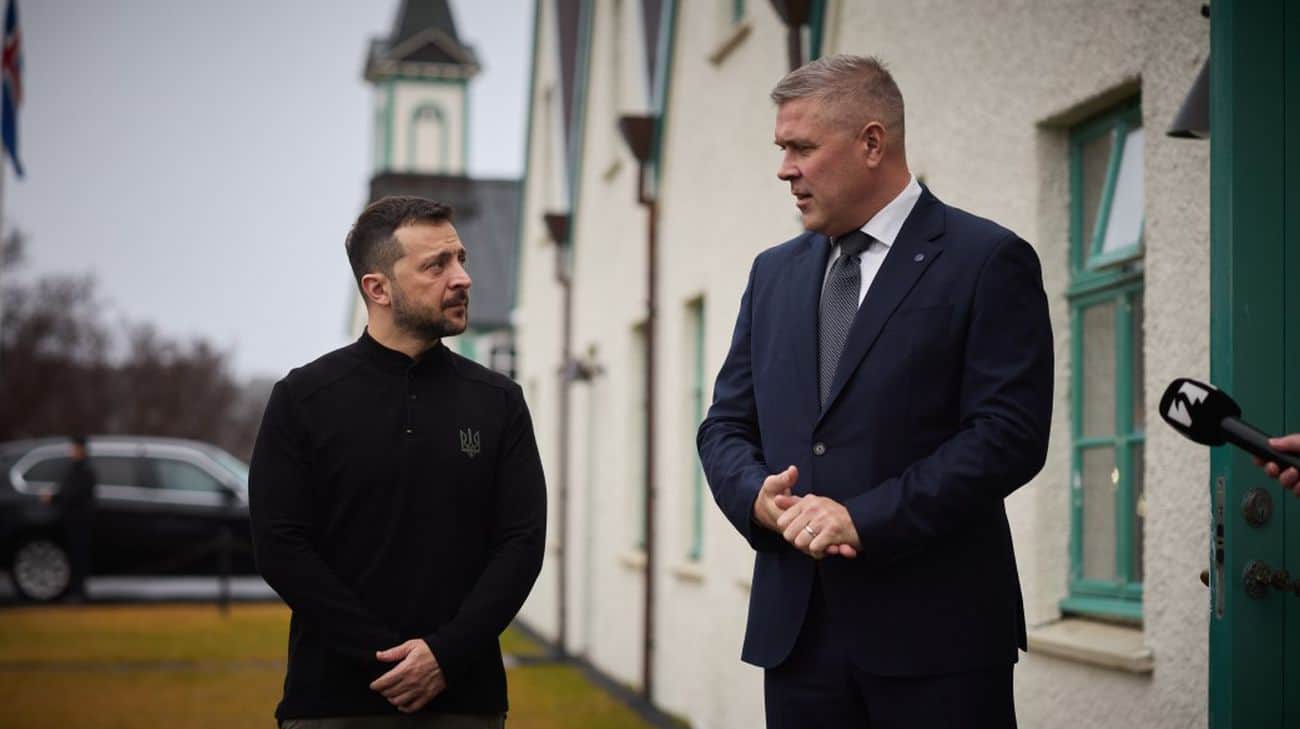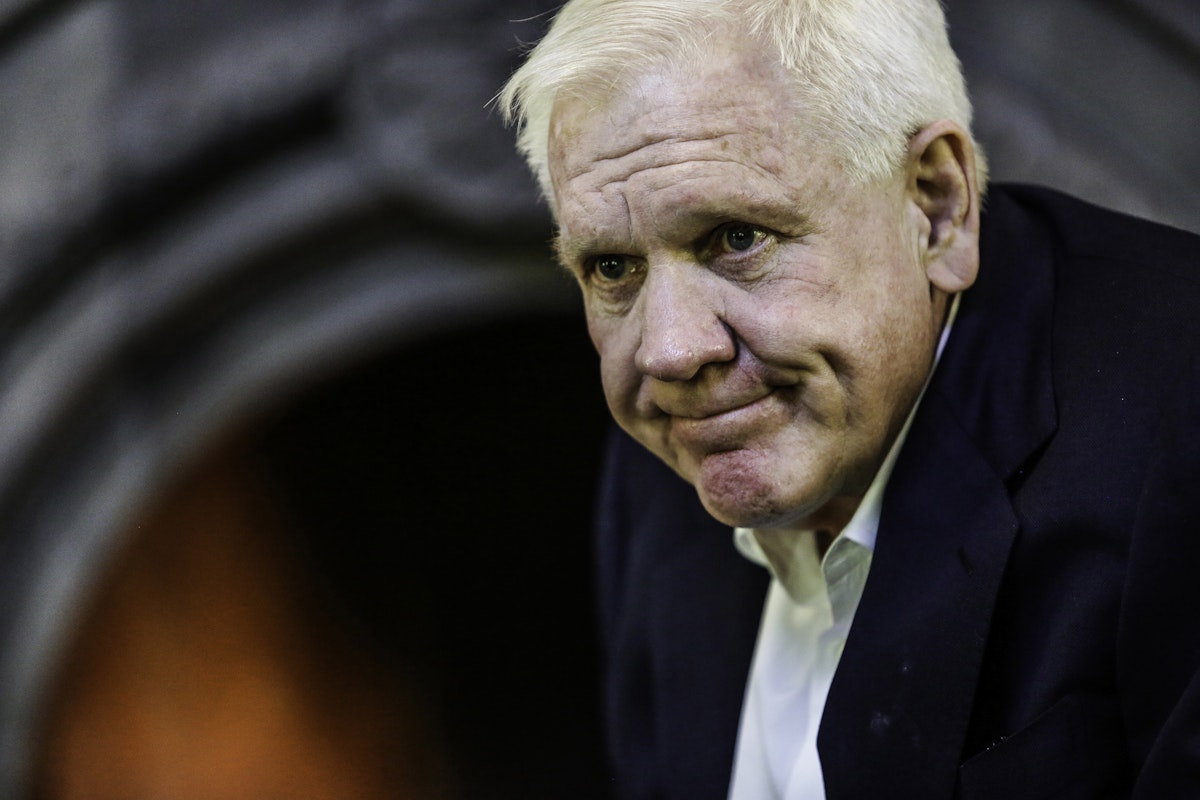North Dakota Republicans will caucus on the eve of Super Tuesday. Here is what to expect
BISMARCK, N.D. (AP) — Republicans in North Dakota will gather around the state on Monday evening for their presidential caucuses, with results the caucus chair says might influence Republicans who vote in other states on Super Tuesday.Four candidates are on the ballot, including former President Donald Trump and former United Nations Ambassador Nikki Haley. The other candidates, who have received little attention, are Florida businessman David Stuckenberg and Texas businessman and pastor Ryan Binkley, who recently ended his campaign.North Dakota Gov. Doug Burgum, who ended his unsuccessful presidential campaign in December, will speak on Trump’s behalf. He endorsed Trump before the Iowa caucuses. Trump has been winning easily in earlier states, but caucus Chair Robert Harms said if Haley upsets Trump in North Dakota, it could affect contests on Super Tuesday when the largest number of states and territories cast votes for the Republican nominee. “So if something unusual happens in North Dakota on Monday, it could very well influence how some of those other states vote the following day,” Harms said. HOW WILL VOTING HAPPEN?Republicans will gather Monday at 12 sites. Caucus voters are encouraged to be paying party members, but those who won’t pay $50 for annual membership will be asked to sign a pledge to affiliate with the party, Harms said.North Dakota is the only state without voter registration. The caucuses will follow official state voter identification protocols, such as providing a driver’s license. Twenty-nine delegates are in play. A candidate needs at least 20% of the vote to win delegates. If someone wins 60% or more, they take all the delegates.Voting will be done only in person and on printed ballots, which will be hand-counted. The party has printed 30,000 ballots, and Harms expects results to be released around 9 p.m. CT. No candidates were expected to visit North Dakota on Monday.TRUMP’S HISTORY IN NORTH DAKOTAIn 2016, it was a North Dakota delegate who helped Trump secure the number needed for the Republican presidential nomination.He swept North Dakota’s three electoral college votes in 2016 and 2020, winning about 63% and 65% of those votes, respectively. As president, Trump visited Bismarck and Mandan in 2017 to talk about tax cuts, and he campaigned twice in Fargo in 2018 for Kevin Cramer in the then-congressman’s successful Senate bid against Democratic Sen. Heidi Heitkamp.WHAT ABOUT THE DEMOCRATS?North Dakota’s Democratic-NPL Party is holding a presidential primary almost entirely by mail, with mail-in voting from Feb. 20 to March 30, and limited in-person voting for residents of Indian reservations. President Joe Biden, Rep. Dean Phillips and six others are on the ballot.A third party will count ballots in Fargo on March 30, with results available on the party’s website afterward.Sen. Bernie Sanders won the party’s caucuses in 2016 and 2020.
BISMARCK, N.D. (AP) — Republicans in North Dakota will gather around the state on Monday evening for their presidential caucuses, with results the caucus chair says might influence Republicans who vote in other states on Super Tuesday.
Four candidates are on the ballot, including former President Donald Trump and former United Nations Ambassador Nikki Haley. The other candidates, who have received little attention, are Florida businessman David Stuckenberg and Texas businessman and pastor Ryan Binkley, who recently ended his campaign.
North Dakota Gov. Doug Burgum, who ended his unsuccessful presidential campaign in December, will speak on Trump’s behalf. He endorsed Trump before the Iowa caucuses.
Trump has been winning easily in earlier states, but caucus Chair Robert Harms said if Haley upsets Trump in North Dakota, it could affect contests on Super Tuesday when the largest number of states and territories cast votes for the Republican nominee.
“So if something unusual happens in North Dakota on Monday, it could very well influence how some of those other states vote the following day,” Harms said.
HOW WILL VOTING HAPPEN?
Republicans will gather Monday at 12 sites. Caucus voters are encouraged to be paying party members, but those who won’t pay $50 for annual membership will be asked to sign a pledge to affiliate with the party, Harms said.
North Dakota is the only state without voter registration. The caucuses will follow official state voter identification protocols, such as providing a driver’s license.
Twenty-nine delegates are in play. A candidate needs at least 20% of the vote to win delegates. If someone wins 60% or more, they take all the delegates.
Voting will be done only in person and on printed ballots, which will be hand-counted. The party has printed 30,000 ballots, and Harms expects results to be released around 9 p.m. CT. No candidates were expected to visit North Dakota on Monday.
TRUMP’S HISTORY IN NORTH DAKOTA
In 2016, it was a North Dakota delegate who helped Trump secure the number needed for the Republican presidential nomination.
He swept North Dakota’s three electoral college votes in 2016 and 2020, winning about 63% and 65% of those votes, respectively.
As president, Trump visited Bismarck and Mandan in 2017 to talk about tax cuts, and he campaigned twice in Fargo in 2018 for Kevin Cramer in the then-congressman’s successful Senate bid against Democratic Sen. Heidi Heitkamp.
WHAT ABOUT THE DEMOCRATS?
North Dakota’s Democratic-NPL Party is holding a presidential primary almost entirely by mail, with mail-in voting from Feb. 20 to March 30, and limited in-person voting for residents of Indian reservations. President Joe Biden, Rep. Dean Phillips and six others are on the ballot.
A third party will count ballots in Fargo on March 30, with results available on the party’s website afterward.
Sen. Bernie Sanders won the party’s caucuses in 2016 and 2020.



